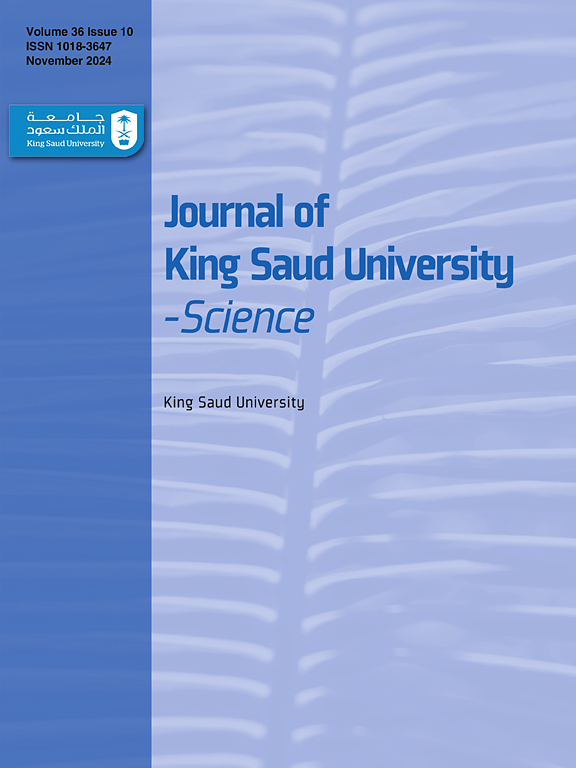从厨房到化妆品:废食用油衍生肥皂的理化和抗氧化特性研究
IF 3.6
3区 综合性期刊
Q1 MULTIDISCIPLINARY SCIENCES
引用次数: 0
摘要
大量废食用油(UCO)被不适当地丢弃在污水和河流中,导致环境污染,并带来致癌等健康风险。本研究探索了一种解决这一问题的生态友好型方法,即重新利用 UCO 生产洗衣皂,为废物管理和环境净化做出贡献。通过简单的皂化过程,用碱性溶液(NaOH)处理 UCO,制备出肥皂,为依赖进口植物油的传统方法提供了一种更环保的替代方法。对制备的肥皂的清洁能力以及物理、化学和理化特性进行了评估。结果显示,含水量在 9.27 % 到 10.34 % 之间,pH 值在 6.03 到 4.46 之间,氯化物百分比在 0.055 % 到 0.29 % 之间,游离碱在 0.152 到 0.175 之间,总碱含量在 0.29 % 到 0.73 % 之间。这些数值符合东非标准(EAS)的要求,从而验证了以 UCO 为原料的肥皂的质量。通过将 UCO 从废物流中转移出来并将其用于肥皂生产,这种方法有助于废物管理,最大限度地减少环境污染,并有助于可持续生产实践。本文章由计算机程序翻译,如有差异,请以英文原文为准。

From kitchen to cosmetics: Study on the physicochemical and antioxidant properties of waste cooking oil-derived soap
A large amount of used cooking oil (UCO) is improperly disposed of in sewage and rivers, leading to environmental pollution and posing health risks such as carcinogenic diseases. This study explores an eco-friendly approach to addressing this issue by repurposing UCO for laundry soap production, contributing to waste management and environmental decontamination. The soap was prepared by treating UCO with an alkaline solution (NaOH) through a simple saponification process, providing a greener alternative to traditional methods that rely on imported vegetable oils. The prepared soaps were evaluated for cleansing capacity as well as physical, chemical, and physicochemical properties. The results showed moisture content of 9.27 % to 10.34 %, pH ranging from 6.03 to 4.46, chloride percentage from 0.055 % to 0.29 %, free caustic alkali between 0.152 and 0.175, and total alkali content from 0.29 % to 0.73 %. These values meet the requirements of East African Standards (EAS), validating the quality of UCO-based soaps. By diverting UCO from waste streams and utilizing it in soap production, this approach supports waste management, minimizes environmental pollution, and contributes to sustainable production practices.
求助全文
通过发布文献求助,成功后即可免费获取论文全文。
去求助
来源期刊

Journal of King Saud University - Science
Multidisciplinary-Multidisciplinary
CiteScore
7.20
自引率
2.60%
发文量
642
审稿时长
49 days
期刊介绍:
Journal of King Saud University – Science is an official refereed publication of King Saud University and the publishing services is provided by Elsevier. It publishes peer-reviewed research articles in the fields of physics, astronomy, mathematics, statistics, chemistry, biochemistry, earth sciences, life and environmental sciences on the basis of scientific originality and interdisciplinary interest. It is devoted primarily to research papers but short communications, reviews and book reviews are also included. The editorial board and associated editors, composed of prominent scientists from around the world, are representative of the disciplines covered by the journal.
 求助内容:
求助内容: 应助结果提醒方式:
应助结果提醒方式:


